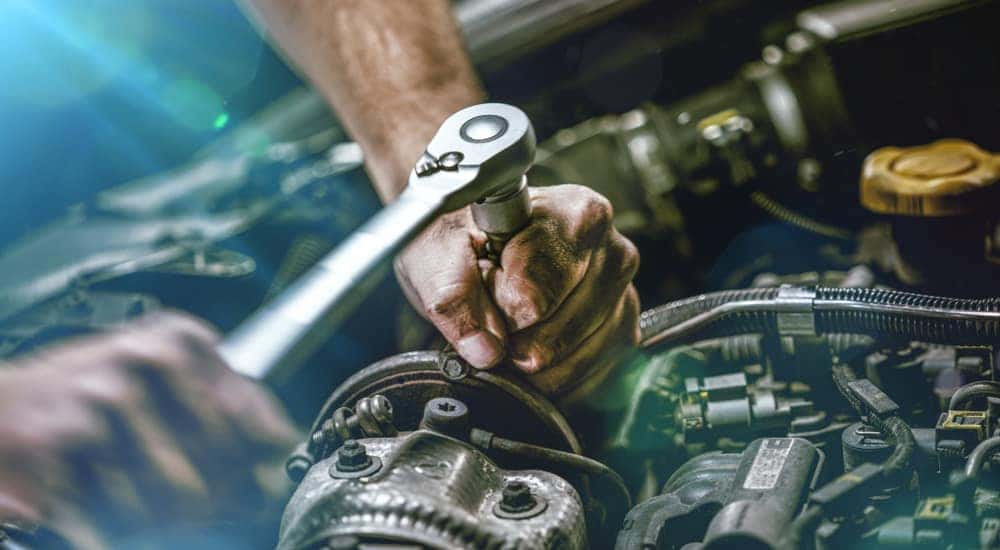Transmissions are complex pieces of machinery. They contain dozens of components that function together and must be in harmony in order for them to work correctly. As a result, a transmission problem can start out small and grow over time to become a major issue. Only when this happens should you have your transmission repaired or replaced.

Signs of a Worn-Out Transmission
A worn-out transmission can cause different problems in your car, including the way your vehicle handles it. It can also cause vibrations and have different shift patterns. You can look for these symptoms inside your engine compartment. It could mean that your transmission is not working properly or that there are problems with the fluid pump.
Transmission noise is one of the first symptoms of a worn-out transmission. While it’s easy to ignore, this warning sign is a sure sign you should get your vehicle to an automotive repair service West Vancouver. Your transmission is a critical component of your car, as it provides the muscle necessary to accelerate your vehicle. In addition, a good transmission is designed to last many years.
Another warning sign is if your transmission is not shifting. Slipping gears are dangerous for drivers and can cause accidents. If your transmission is worn out and slipping gears, you must take your vehicle to a transmission repair shop as soon as possible.
Dirty Transmission
A dirty transmission can affect your vehicle’s performance in several ways. It can cause the gears to slip and cause jerking, and it can cause the car to lose power. The transmission fluid can also become dirty, which makes it harder for it to circulate. If you notice that your transmission is too dirty, it’s time to flush it out.
Your car’s transmission filter helps keep the transmission fluid clean, but it can become clogged with debris and dirt over time. You can identify problems with this filter by hearing a whine while stationary or while driving in other gears. Sometimes, the transmission may even become completely blocked in reverse.
Another symptom of a dirty transmission is a delayed shift. This may be caused by a clogged transmission filter or a leak in the transmission. A leaking transmission can lead to serious problems, such as a blown transmission.
Burnt-Out Transmission
Identifying a burnt-out transmission is not as hard as you might think. Most cars have sensors that detect irregularities and send the information to the car’s computer. These sensors will let you know when the fluid is burning hotter than normal. You can check the temperature of the transmission fluid by looking at the temperature light located on the transmission console.
Besides the smell, other signs of burnt-out transmission include the presence of fluid or smoke. When the transmission fluid is burning out, it can cause the transmission to lose fluid and damage the clutch and metallic components. It can also burn the tires. It’s best to get your car checked by a mechanic before it’s too late.
A failure in the transmission is a major safety risk. This is why it’s important to know the symptoms and be prepared for the worst. When you notice any of these symptoms, you should take your car to a transmission shop as soon as possible or call roadside assistance.
Low Transmission Fluid Level
A low transmission fluid level can be a serious problem. This fluid is a key component in the transmission and can cause your car to shift improperly or even overheat. If you notice a burning smell, a delayed or sluggish shift, or other symptoms, you may have a low transmission fluid level. If you suspect your transmission fluid is low, you should have it checked by a professional right away.
Low transmission fluid can reduce the pressure that is necessary for the transmission to operate properly. You may also notice odd sounds coming from your vehicle. Automatic transmissions may grind, while manual transmissions may whine while accelerating. These symptoms are common and can indicate that you have a low level of transmission fluid.
When your vehicle’s transmission fluid level drops below the recommended level, you should never drive it until it is inspected. Although these symptoms may be minor, they could still cause serious damage to your transmission.
